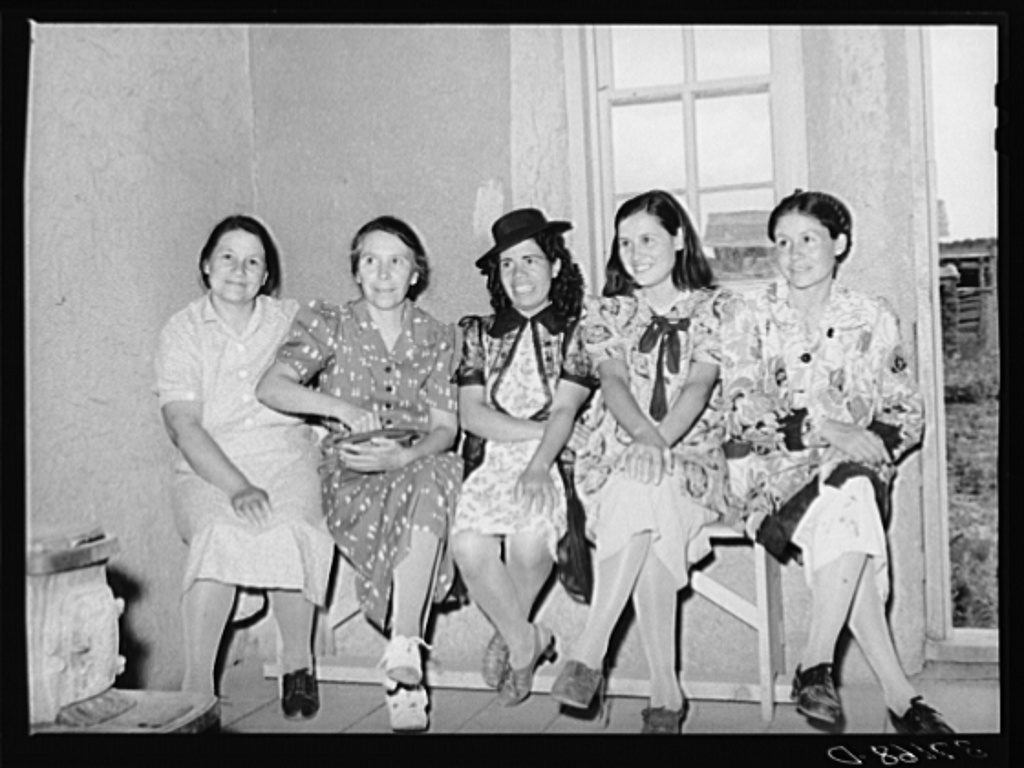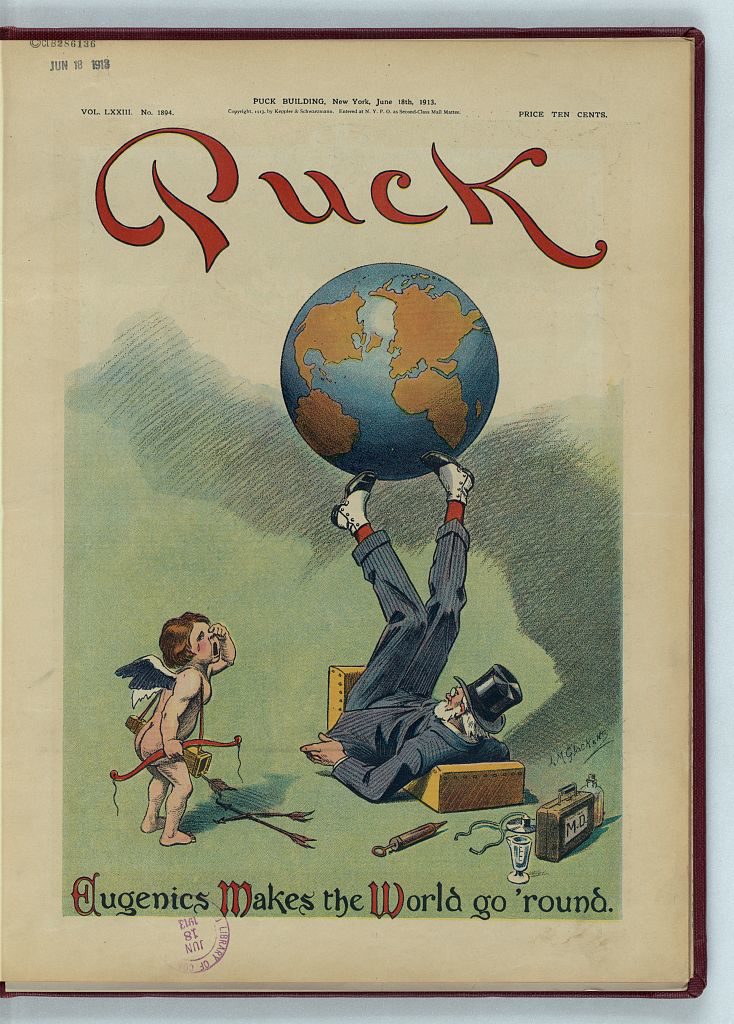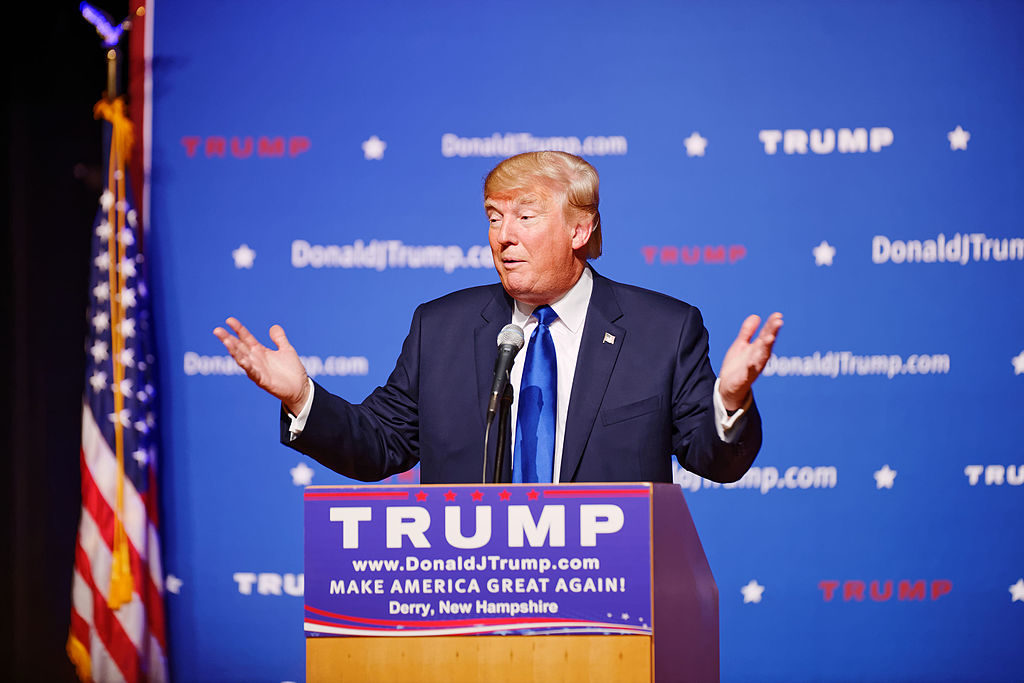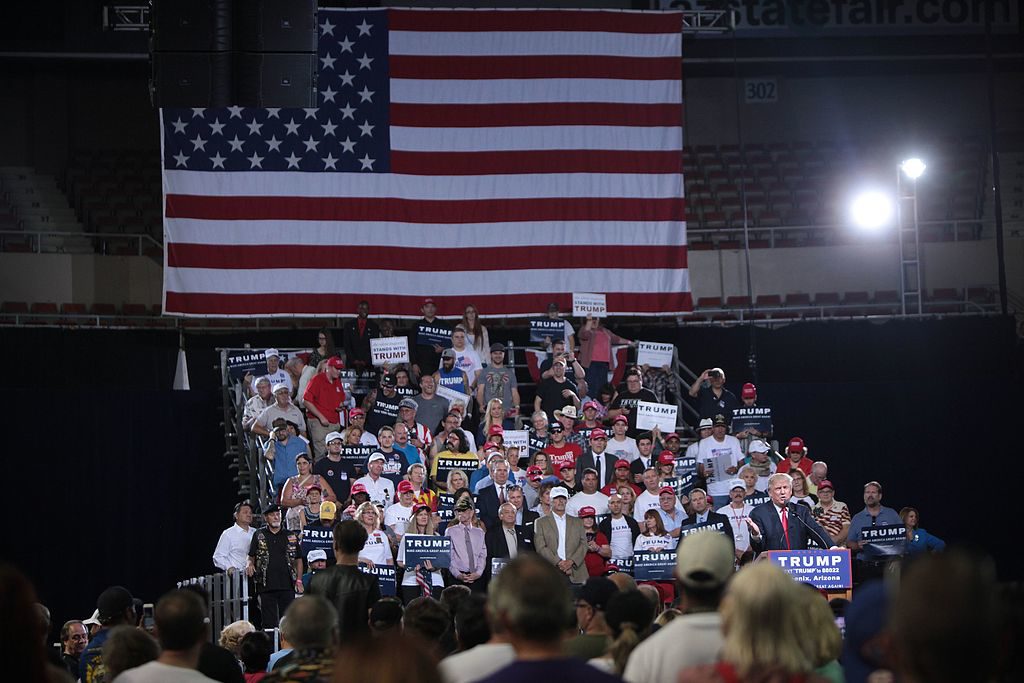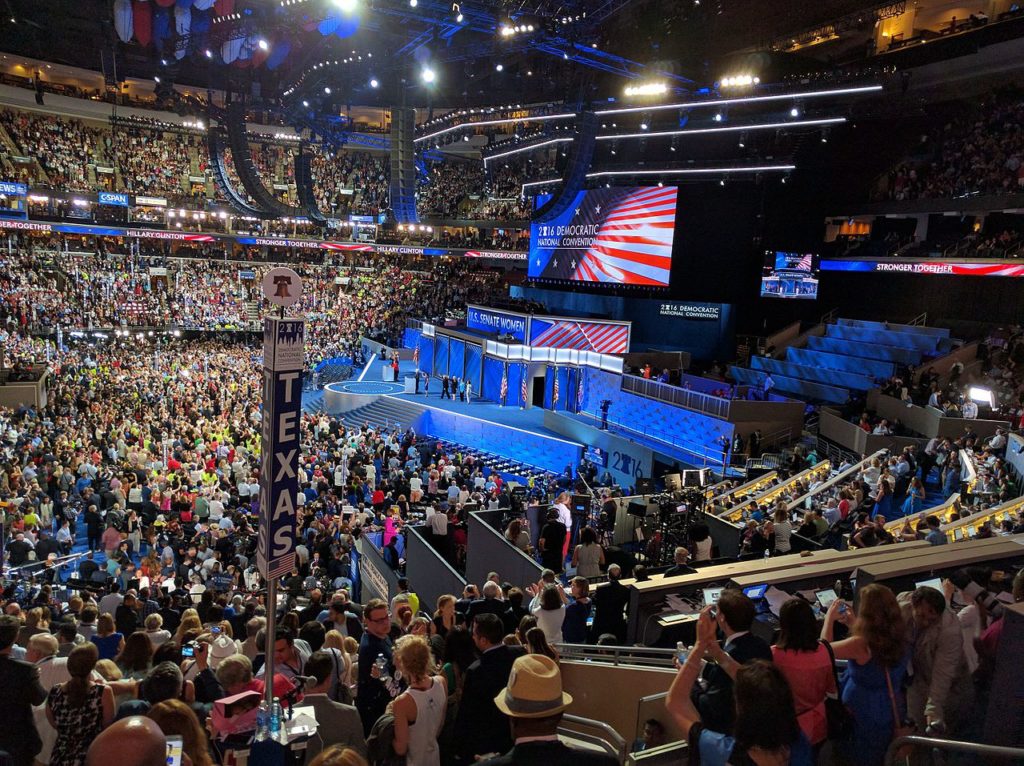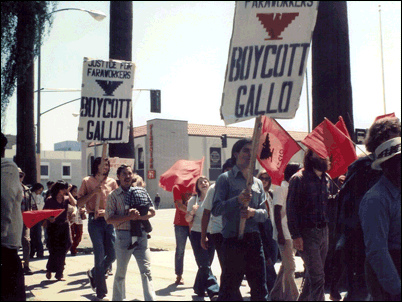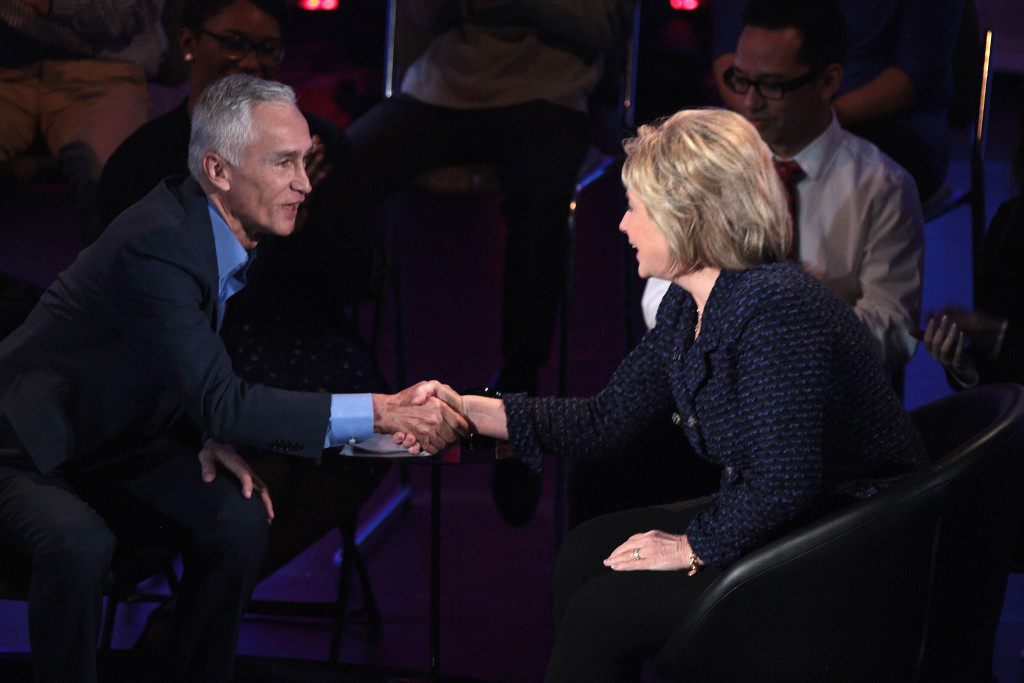
Some of you may know that my academic monograph is forthcoming in January 2021. You can preorder now from the OU Press website and it will be shipped in early January.
At only $24.95, it’s an incredibly affordable monograph.
Here’s the link: https://www.oupress.com/books/16122730/homeland


